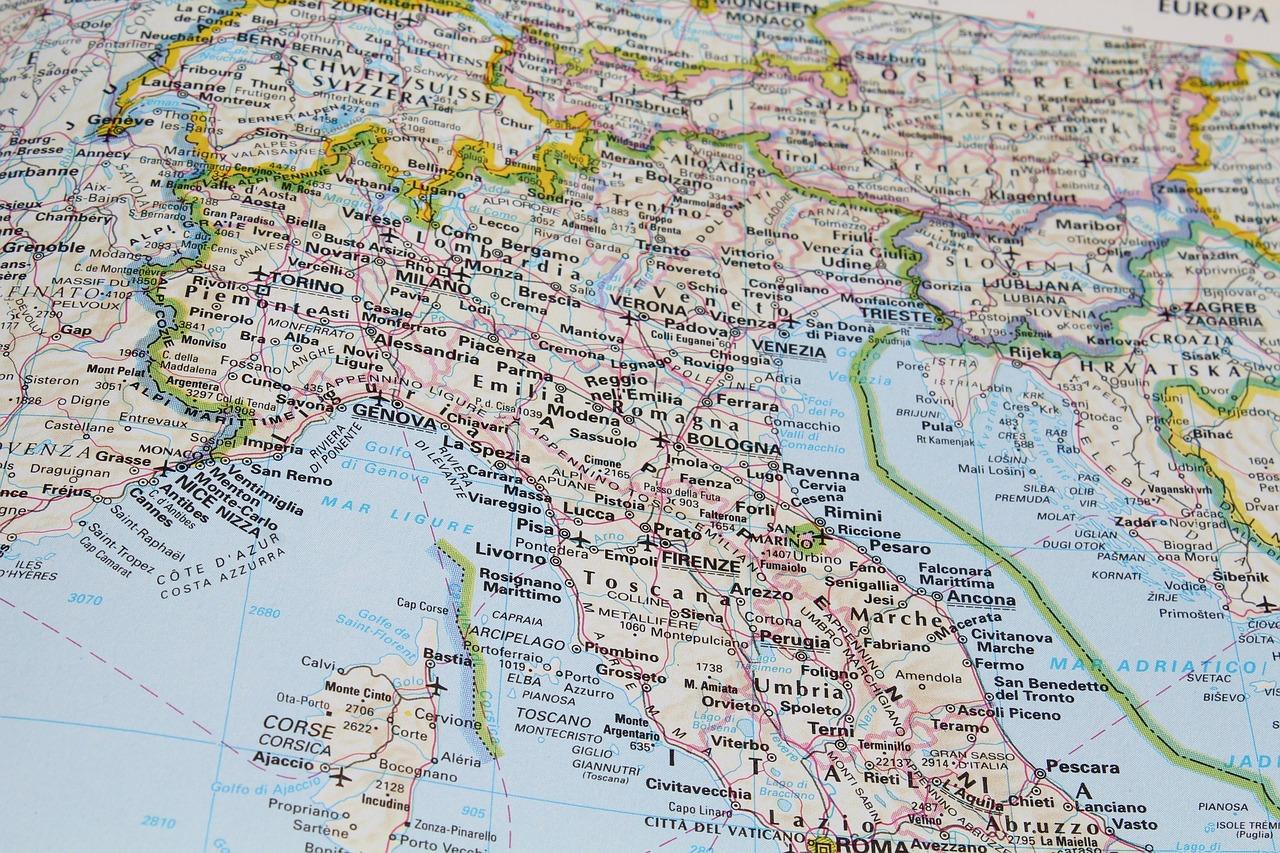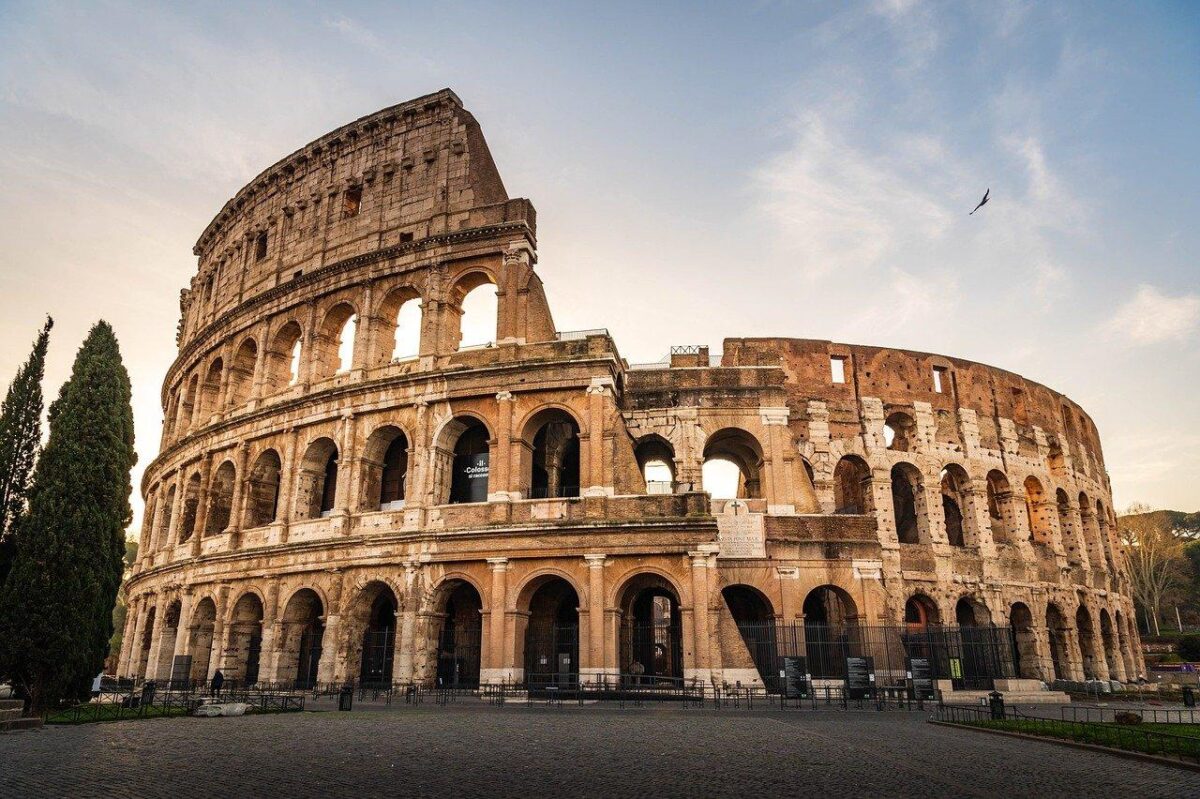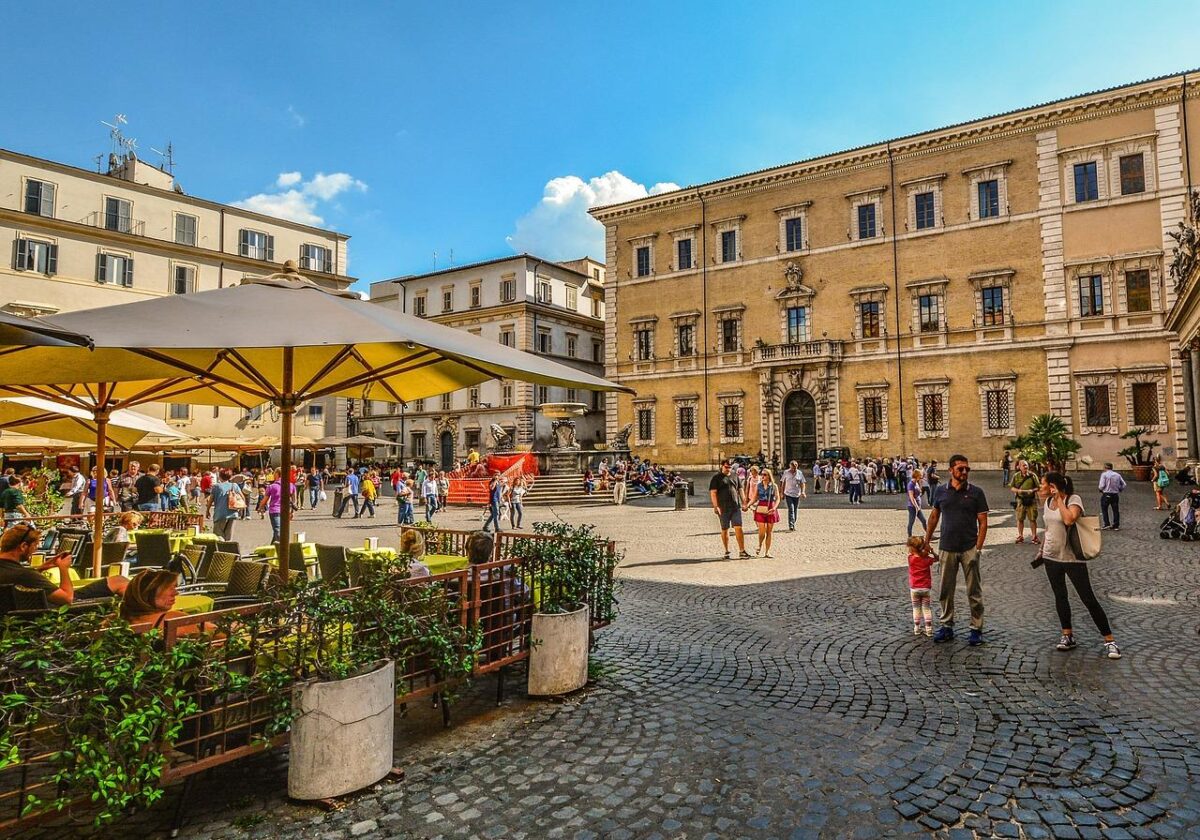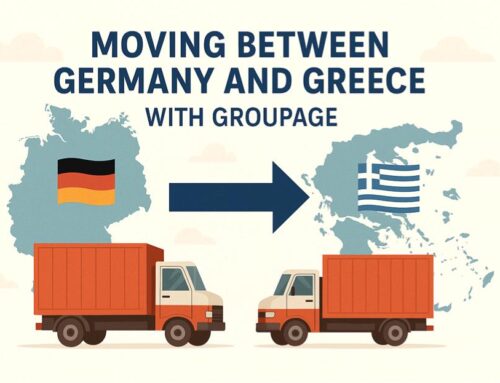Relocating to Italy is more than just a move — it’s the start of a new chapter in one of the world’s most beautiful and culturally rich countries. Whether you’re moving for work, lifestyle, or family reasons, the process can feel overwhelming: paperwork, customs rules, shipping logistics, schools, and settling in.
At KAE International Movers, we’ve helped families and companies relocate for decades. In this guide, we’ll walk you through everything you need to know — from customs rules to family life — plus provide a handy FAQ section that answers the most common questions about moving to Italy.
1. Customs & Import Rules
When relocating household goods to Italy, the process differs depending on whether you’re moving from within the EU or from outside the EU.
From within the EU:
Moves between EU member states are generally simpler, as no customs duties or import taxes apply. Your belongings can travel freely across borders, though a clear and itemized inventory is still required. Standard documentation includes a valid ID or passport, proof of residence in Italy, and your Italian tax code (codice fiscale).
From outside the EU:
Shipments arriving from non-EU countries are subject to Italian customs clearance and import regulations. In addition to the standard ID and codice fiscale, you’ll need supporting documents such as your residence permit (if staying longer than 90 days), proof of transfer of residence, and a detailed inventory listing all goods with estimated values. Some items, such as alcohol, tobacco, certain foods, and firearms are restricted or require special permits. Vehicles can be imported but must be registered in Italy within 12 months of arrival.
KAE takes care of the entire customs process on your behalf, ensuring all documents are correctly prepared and your shipment clears smoothly without unexpected fees or delays.
2. Shipping Logistics
Transit times and shipping methods vary depending on where you’re moving from.
From the EU:
Most household shipments travel by road freight, typically arriving within 3 – 10 days depending on distance and service type. This option offers flexibility and cost-efficiency for both full and shared loads.
From outside the EU:
International shipments are usually handled via sea or air freight. Sea freight takes around 4 – 8 weeks depending on origin and port schedules, ideal for large household volumes. Air freight is faster (around 1 – 2 weeks) but comes at a higher cost.
KAE provides fully managed door-to-door services: collection at origin, transport, customs clearance, and final delivery to your new home in Italy. Comprehensive insurance coverage is available for added security throughout the journey.
3. Housing & Neighborhoods
Finding the right home is key to settling in.
- Renting vs. buying: Renting is common for expats; contracts often run 1–4 years.
- Popular expat areas: Rome, Milan, Florence, Bologna, Turin, and increasingly southern Italy (Naples, Bari).
- Utilities: Electricity, gas, and internet require local contracts — which can take time to set up.
Family & Children
Italy is family-friendly, but relocating with children requires planning.
- Schools: Options include international schools (in English or bilingual) and public schools (Italian curriculum).
- Childcare: Nursery (asilo nido) available from age 3 months, but spaces can be competitive.
- Healthcare: Expats can register with the public system (Servizio Sanitario Nazionale – SSN) once they have residence; private insurance is also widely used.
Read also: Moving with kids: 10 Tips for a happy family relocation
Corporate Moves
Italy is a major hub for multinational companies, particularly in Milan, Rome, and Turin. KAE manages entire corporate moves — from IT equipment to confidential files.
CSC INTERNATIONAL (Event Services):
“Kae International assisted CSC International with the relocation of executive and management staff from Athens Greece, to Torino Italy and to Salt Lake city in the USA. Their assistance comprised an door-to-door service of packing, transporting and storing household goods, personal effects and computer equipment of approx. 100 cubic meters. The service provided by Kae International was timely and professional. I have no hesitation in recommending them to Kae International’s prospective clients.”
Brad Kenworthy / Director, Business Administration
Seasonal Planning
Timing your move can make all the difference.
- Summer: Peak moving season, higher demand and prices.
- Winter: Easier to book and less expensive, though weather may delay shipping.
- School-year relocations: Families often move in late summer to align with September school starts.
Cultural Tips
Adjusting to Italian life takes patience — but it’s part of the adventure.
- Expect bureaucracy: paperwork is part of daily life.
- Learn a few Italian basics: it helps with integration.
- Embrace the lifestyle: slower pace, family-first culture, and strong regional traditions.
 Moving Checklist
Moving Checklist
✅ 6–12 months before: Research schools, visas, housing.
✅ 3–6 months before: Book your mover (KAE recommends at least 3 months in advance).
✅ 1–2 months before: Organize packing, cancel utilities, prepare documents.
✅ Arrival: Register with local authorities, set up bank account, healthcare, and utilities.
FAQ – Moving to Italy (2025 Edition)
- How long does international shipping to Italy take?
Sea freight takes 4–8 weeks, air freight 1–2 weeks. - Can I bring my car to Italy?
Yes, but you must register it within 12 months and pay applicable taxes. - What documents are required for moving household goods to Italy?
Passport, tax code (codice fiscale), residence permit, and inventory list. - Do I need a residence permit before shipping?
Yes, if staying longer than 90 days. For shorter stays, different rules apply. - Can I bring pets to Italy?
Yes, with valid vaccination records and an EU pet passport. - How much does it cost to move to Italy?
Costs vary by volume, distance, and shipping method — contact KAE for a tailored quote. - Do I pay customs duties on personal belongings?
If you’re transferring your residence, household goods are typically duty-free. - How do I register for healthcare in Italy?
With your residence permit, you can apply for the Servizio Sanitario Nazionale. - Are international schools expensive?
Yes — fees can range from €10,000–€25,000 annually. - What is the best time of year to move to Italy?
Late summer (before school starts) or winter (less demand). - Does KAE offer storage in Italy?
Yes, both short- and long-term secure storage options. - How do you handle fragile items like antiques or art?
KAE uses custom crating, climate-controlled storage, and expert packing teams.
Read also: Tips and Advice for Moving Antiques and Fine Arts
- Do you also relocate offices or businesses to Italy?
Yes, we manage both household and corporate moves. - Why should I choose KAE over another mover?
Because we combine global reach with personalized service, ensuring stress-free relocations tailored to your needs.
Planning your move to Italy in 2025? Whether it’s a family relocation, retirement abroad, or a corporate office move, KAE International Movers makes the process smooth, safe, and stress-free.
Contact us today for a personalized moving plan to Italy or Get a Free Quote
|
0:00 Moving to Italy for Families and Businesses |








